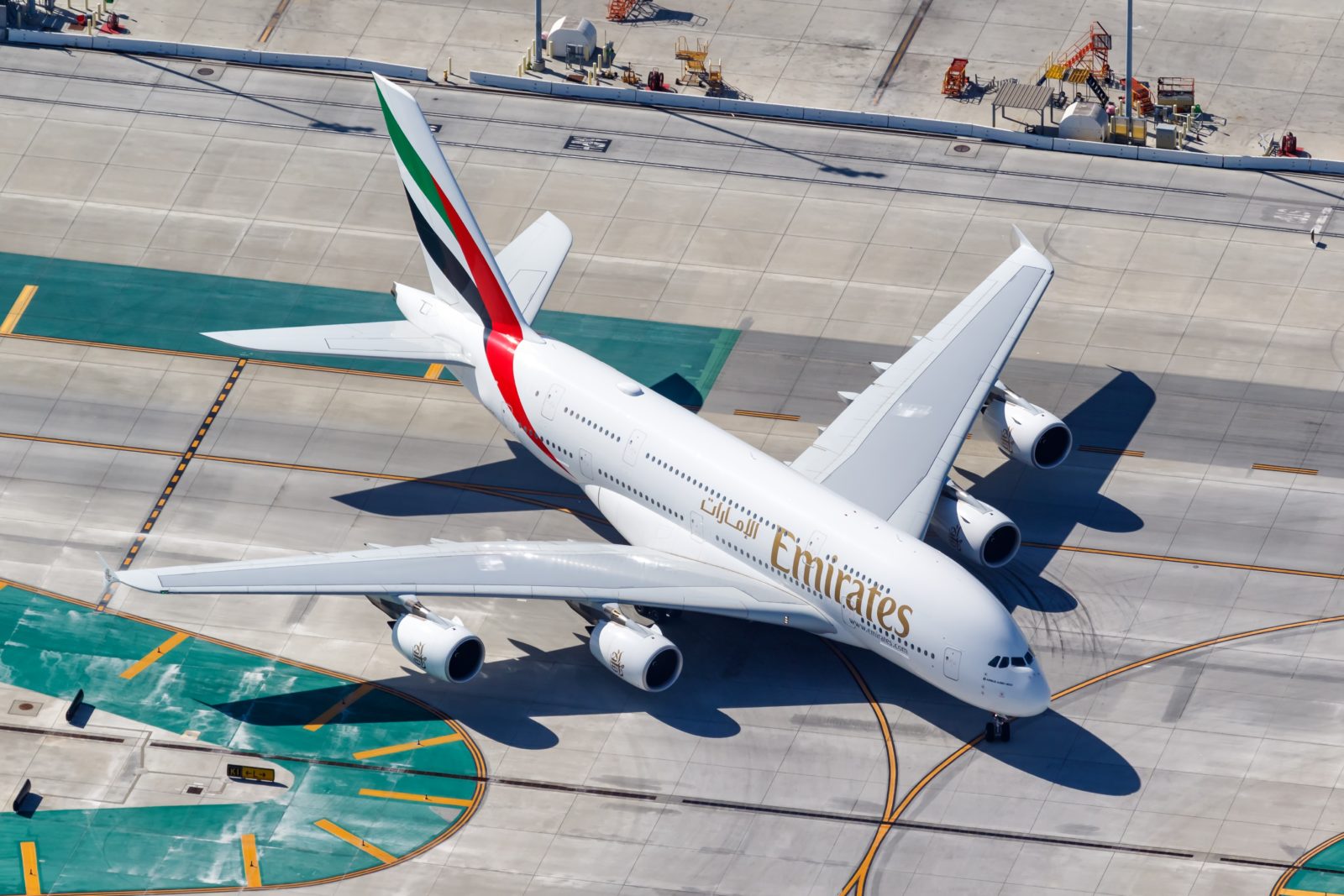
Russian airspace restrictions might be causing all sorts of problems for European airlines that are being forced to curtail flights to China due to increased fuel costs and longer flight times, but their pain is proving to be a major gain for Dubai-based Emirates.
On Friday, the airline revealed that it has seen demand for flights to China improve so much that the carrier now plans to deploy its flagship Airbus A380 on flights to Beijing, Guangzhou, and Shanghai, increasing capacity by as much as 40%.
In recent months, a slew of European airlines have been forced to axe flights to China, including British Airways, Lufthansa, KLM, and Virgin Atlantic.
Using the so-called ‘great circle distance,’ European airlines traditionally flew over Russia to reach China, but ever since February 2022, when President Putin invaded Ukraine, airlines have been forced to fly much further south, adding time and increasing fuel costs.
In September, Lufthansa slammed the likes of Emirates and Qatar Airways, with a spokesperson lamenting that “European airlines, unlike those from the Persian Gulf and Bosporus, are in an extremely unequal competitive position with China.”
“All airlines from these countries benefit from low location costs, low social standards, and high government investment in the aviation sector,” the German flag carrier complained after it cut flights from Frankfurt to Beijing.
Emirates’ Chief Commercial Officer Adnan Kazim told the Gulf News on Friday that the airline has seen “healthy” demand for its flights to China and was looking to swap out its workhorse Boeing 777-300s on these routes for the much larger double-deck Airbus A380.
Emirates already flies to Beijing and Shanghai twice daily and Guangzhou once daily, and the airline now wants to add additional destinations or ramp up capacity to the three cities it already serves.
Kazim noted that Emirates recently acquired additional takeoff and landing slots to China through a renegotiation of a bilateral aviation agreement between the UAE and China.
The deal allows Emirates to operate as many as 49 weekly services to China, up from the maxed-out 35 weekly services that it was permitted to operate up to now.
Along with passengers turning to Persian Gulf carriers to get them to and from China, they have also been relying more and more on China’s own airlines, which are still allowed to use Russian airspace.
Last month, KLM Chief Executive Officer Marjan Rintel complained that Chinese carriers had an unfair advantage when operating flights to Europe, urging competition regulators to ‘even the playing field.’
Mateusz Maszczynski honed his skills as an international flight attendant at the most prominent airline in the Middle East and has been flying ever since... most recently for a well known European airline. Matt is passionate about the aviation industry and has become an expert in passenger experience and human-centric stories. Always keeping an ear close to the ground, Matt's industry insights, analysis and news coverage is frequently relied upon by some of the biggest names in journalism.








Lol, Lufthansa… your country was one of many who insisted on escalating the Russia-Ukraine war… and now you’re crying about the consequences?
Actually I don’t mind the inconvenience because Russia is wrong and you all know it even though you line your pockets from the misery of the Ukrainian and now the Russian people.
Not my problem.
Go lobby your government, Lufthansa.